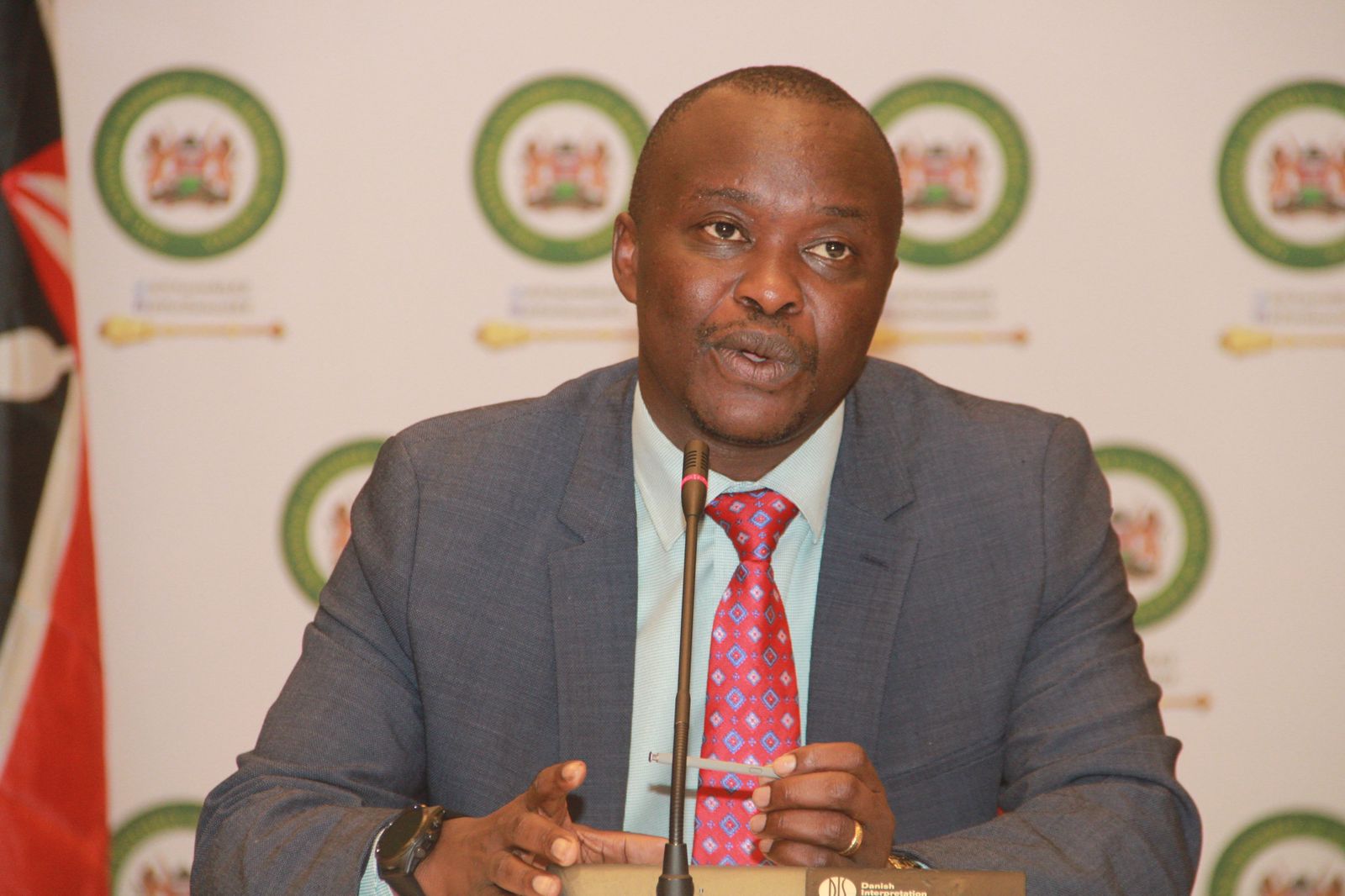
Nandi Hills MP Bernard Kitur has proposed the introduction of a Health Promotion Levy (HPL) on sugar-sweetened beverages in a bid to address the growing public health crisis in the country.
Kitur argued that the rising consumption of sugary drinks has been directly linked to increasing cases of obesity, diabetes, and other non-communicable diseases (NCDs).
The proposed levy, he said, is designed to reduce sugar consumption by discouraging the production and purchase of high-sugar beverages.
He spoke when he appeared before the Departmental Committee on Finance and National Planning during the ongoing public hearings on the Finance Bill 2025.
“It also aims to encourage manufacturers to reformulate their products with lower sugar content and generate revenue to support critical public health initiatives,” he said.
These initiatives include school feeding programs, public health awareness campaigns, school nutrition support, and healthcare infrastructure development.
Kitur added that the levy will go a long way to promote greater consumer awareness about the health risks associated with excessive sugar intake, ultimately guiding the public toward healthier dietary choices.
The structure of the levy sets a base threshold of 4 grams of sugar per 100 millilitres, below which beverages are exempt from taxation.
Any sugar content above this threshold will attract a tax, Sh1 per gram per 100ml for locally manufactured drinks, and Sh2 per gram per 100ml for imported beverages.
For instance, a drink containing 6 grams of sugar per 100ml would be taxed Sh2 if produced locally or Sh4 if imported.
Certain categories will, however, be exempt from this levy, including 100 per cent fruit juices with no added sugar, dairy-based beverages containing at least 75 per cent milk, and all beverages manufactured for export.
The Kenya Revenue Authority will be responsible for collecting the levy, while the Kenya Bureau of Standards (KEBS) will verify the sugar content in products to ensure compliance.
Funds raised through the Levy, Kitur said, will be directed toward improving school feeding initiatives, running public health education campaigns, subsidizing healthier beverage alternatives, and strengthening diabetes and NCD prevention programs.
The anticipated outcomes include a measurable reduction in sugar consumption and obesity-related illnesses, increased innovation within the beverage industry toward healthier options, and the enhancement of public health systems through a reliable funding stream.
“We urge Parliament to pass this proposal in the interest of public health and economic sustainability,” he submitted.
He said the levy represents a strategic investment in country’s health and economic future.

![[PHOTOS] Ruto inspects his Naivasha farm](/_next/image?url=https%3A%2F%2Fcdn.radioafrica.digital%2Fimage%2F2025%2F06%2F72a14e8a-a040-48e1-87b3-597dbca6d7c6.jpeg&w=3840&q=100)









